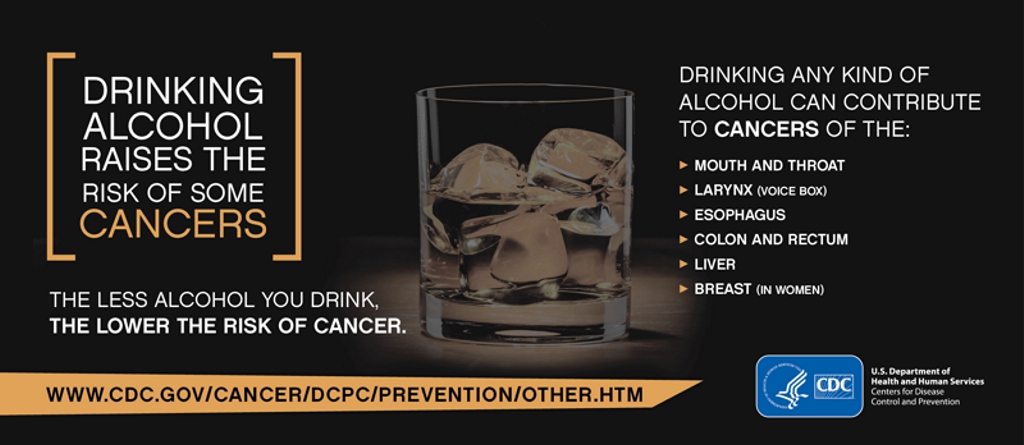What is Oral Cancer?
Mouth cancer which affects the mouth and surrounding areas. Mouth cancer develops within the lining of the mouth and can be found in many areas. The tongue, cheeks, palate, lips or gums are the most affected sites.
Why is it such an important topic?
Oral cancer is the sixth most common cancer in the world. In 2015, over 45000 people were diagnosed with a form of oral cancer. It is estimated that approximately 8500 people died in 2015 from oral cancer. Death from oral cancer is associated with late diagnosis of the condition. Regular dental examinations will help identify suspect lesions quickly to increase the chances of survival.
Between 2007 and 2011, there was a decrease in the cases of oral cancer in females. There was an increase in the number of oral cancer cases in males.
A staggering 25% of the people diagnosed with oral cancer did not have any risk factors such as tobacco and alcohol use.
5 facts you didn’t know?
-
Oral Cancer kills one person every hour of every day.
-
There is a 80-90% 5 year survival rate if the cancer is caught early – do not skip your dental examination!
-
Poor Diet can increase your chances of getting oral cancer
-
Tobacco and alcohol are the biggest factors which increase your susceptibility to getting oral cancer.
-
Oral cancer affects twice as many men than women.
The biggest risk factor?
Those who regularly smoke and drink are at greatest risk of developing oral cancer. Females should limit their alcohol to 14 units per week. Males should limit their alcohol consumption to less than 21 units per week. Tobacco in all its forms including vapours is as high a risk factor.
What is the link with the HP Virus?
HPV is an abbreviation for human papilloma virus. HPV 16 is linked to oral cancer. The HPV is becoming more and more important in the detection and cause of cancer. It has been suggested that 65% of oral cancer is linked to the HPV. This is more common in men than in women.
What should you look out for?
-
Red and white discolourations of the soft tissues of the mouth
-
Any ulceration that does not heal within 14 days
-
Hoarseness which is prolonged
-
Numbness in the oral region
-
A feeling of something being stuck in the throat
-
One sided ear pain
-
A lump or swelling in the mouth or neck region
-
A sore under a denture which remains after denture adjustments.
Oral cancer treatments?
Surgery and chemotherapy are the most common treatments for oral cancer. Radiotherapy can also be used where early detection of oral cancer has taken place.
How can you reduce your risk?
Eating cancer fighting foods can help reduce the risk of oral cancer. These foods include berries, garlic, ginger, turmeric, cinnamon and cayenne pepper. Cutting out alcohol and tobacco use will help reduce your chance of getting oral cancer. It is important to wear properly fitting dentures. This will help reduce the irritation of the soft tissues and trauma. The exposure to UV light should be limited.
Book your dental MOT appointment now. At Viva Dental Studio we screen all our patients for the risk factors and physical signs of oral cancer. We will guide you to reduce your chances of getting oral cancer. We may refer to a specialist any signs which require further investigation. Early detection could save your life!
Don’t become a statistic!
Make sure you regularly visit your dentist or notify your dentist or doctor of any changes within the mouth!




